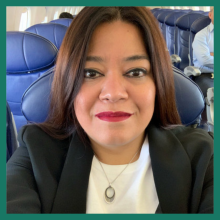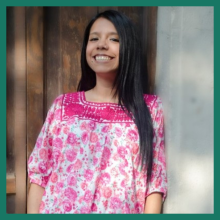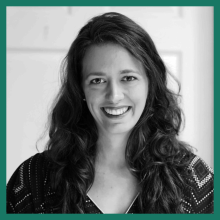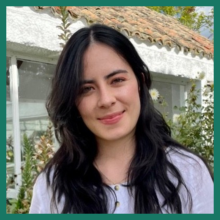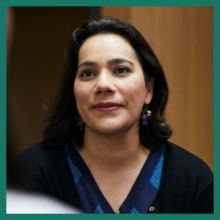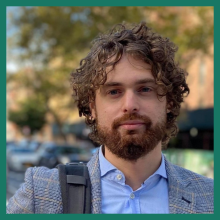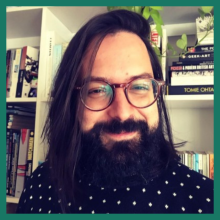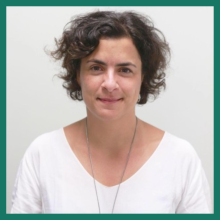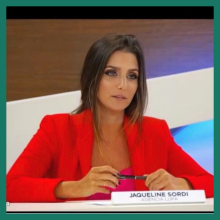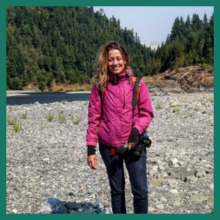Journalists selected for ICFJ’s Disarming Disinformation program will work with 41 partners – from news outlets and individual reporters to universities and tech companies – to pursue and publish hard-hitting investigations revealing the people who fund disinformation in the Americas.
ICFJ selected 17 investigative projects led by reporters, editors and researchers from 12 countries. In April, the lead investigators will come together for 48 hours of intensive work in Austin, Texas, as part of the first annual "Investigathon." They will learn tools and techniques that help them execute their projects. Twelve of the participants are supported by the Scripps Howard Foundation, an affiliate organization of the Scripps Howard Fund and the lead funder for Disarming Disinformation. The additional five participants are from Brazil and receive support from the Serrapilheira Institute to investigate who/what funds scientific disinformation.
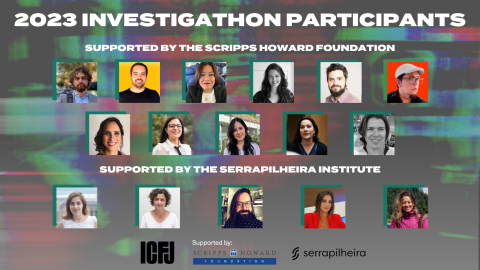
ICFJ selected the journalists based on several criteria: the originality of their investigative proposals, the impact of the online falsehoods they will be addressing in their work, and the amount of data they've already collected about their research. The selected projects all involve collaborations, including with news outlets such as Televisa Univision and Deutsche Welle, academic partners such as the Columbia Journalism School and Universidade de São Paulo, as well as tech companies like Palver that develop tools the participants may need, such as social media and messaging app trackers.
At the Investigathon, participants will have time to share their investigative topics (in a confidential environment), meet with mentors to develop a strong working plan and help each other by sharing information regarding sources, databases and tools. The group will discuss, among other topics, ways to better track money transactions and online connections. They will also have sessions on digital security – so they can investigate without leaving behind a digital footprint. ICFJ aims to equip the group to not only be ready to reveal the bad actors behind disinformation but also to do it in a safe way.
After the Investigathon, eight out of the 17 collaborative reporting proposals will receive mentorship and up to $10,000 in funding to execute and publish the investigations — which must be completed by June 30.
ICFJ launched Disarming Disinformation's investigative track in November, when more than 300 professionals gathered online for two days to attend four master classes led by journalists and researchers Laura Zommer, Patrícia Campos Mello, Giannina Segnini, Craig Silverman and Claire Wardle. These speakers will now mentor the team in Austin and the eight grantees after that.
Click on the images below to read the participants' bios.
Participants Supported by the Scripps Howard Foundation
Participants Supported by the Serrapilheira Institute
Note: This list may continue to be updated with additional journalists selected to take part in the Investigathon.
Disarming Disinformation is run by ICFJ with lead funding from the Scripps Howard Foundation, an affiliate organization of the Scripps Howard Fund, which supports The E.W. Scripps Company’s charitable efforts. The three-year project will empower journalists and journalism students to fight disinformation.
This program is also supported by Serrapilheira, a private, nonprofit Brazilian institution created to value scientific knowledge, and increase its visibility and impact in decision-making.
